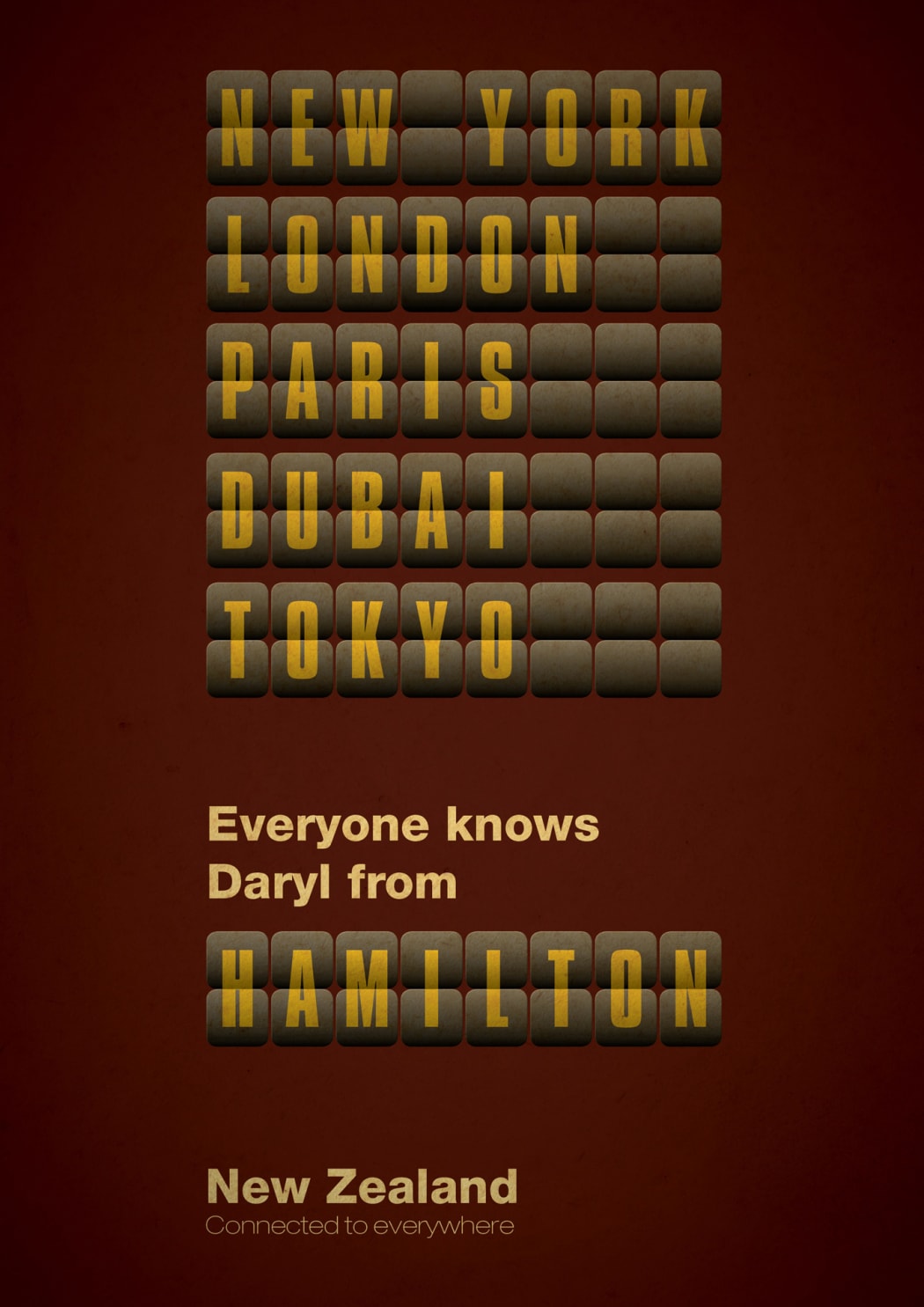It’s difficult to say for certain how many New Zealanders live overseas. The figure that’s often quoted is one million, with half to three-quarters in Australia. But “generalising from anecdotes and from impressions gained on the London Underground” (as Treasury explicitly advises against), it would seem that New Zealand has one of the largest diasporas of any country in the world.
It’s especially marked in the Maori population, with an estimated one in five living outside New Zealand, and a significant share foreign-born. That’s already having an impact on the culture, with Maori overseas using technology to keep in touch with their whanau and iwi. Acushla Dee O’Carroll, whose research looks at how Maori engage with social media, says tangihana (funerals) are already being broadcast on Skype so that people overseas can be part of those rituals.
LISTEN: Acushla Dee O’Carroll talks to Te Ahi Kaa about the impact of social media on Maori culture.
New Zealanders of all ethnicities have always sought their fortunes overseas, and we shouldn’t expect or even want that to change. Human capital is one of our biggest resources, and ex-pats often return home after a stint overseas with more skills and experience that they can then put to good use in their communities in Aotearoa.

Photo: Unknown
Economist Keith Rankin says the exodus of young Kiwis is in part a reflection of the fact that they don’t see opportunities here. “But if they’re gaining opportunities elsewhere, they’re learning to become the kind of workers that we need, wherever they are.”
That global outlook and experience is going to be crucial if we’re to reinvent ourselves as a smart economy, as many believe is necessary. In Wool to Weta, Professor Shaun Hendy argues that we’ve become too reliant on agriculture, a sector where we’re vulnerable to being outpaced by developing countries, not to mention risking damage to our “100 per cent pure” brand. (Plus we’re already very reliant on China as a market.) He believes we need to diversify our economy if we’re to make an impact on a global scale, and that opportunities abound for us in niche high technologies – but only if we invest in research and development.
WATCH: Professor Shaun Hendy argues that New Zealand needs to escape “this rut of agriculture” and invest in niche high technologies.
But more ties with the rest of the world mean more competition, not only from migrant workers relocating to New Zealand but from employers here outsourcing work to places where labour is cheaper – and both shifts are already underway.
Busines commentator Bernard Hickey says that’s the reality of living in an “app-based economy”, where the most valuable companies don’t employ many people and “the rise of the robots … will make it more difficult for people to get high-paid, stable jobs”. He points to the media as an example of where most industries are headed: “An industry that used to have not much competition from the rest of the world suddenly had to compete.”
WATCH: Business commentator Bernard Hickey explains how the “app-based economy” works, and what it means for our future.
Few, if any, young people today expect to spend their lives in one profession the way their parents’ generation did, but even fewer jobs and lower wages don’t bode well for tomorrow’s workforce. All signs point to employment being more diverse and precarious in the future, with contract and short-term roles likely for those of us who are lucky enough to have work at all.
Paul Spoonley of Massey University suggests that today’s twenty-somethings can expect to change careers as many as to eight times in their lifetimes. Transferable skills like being a strong communicator or being able to work in teams, which will benefit you in any area or industry, are going to be more valuable than vocational qualifications or even specialisms. Who knows – maybe BA students will have the last laugh after all.
WATCH: Professor Paul Spoonley of Massey University shares his thoughts on the future of education and employment, as well as how young people can best prepare for it.
Part of the challenge of more ties with the rest of the world is knowing what space in it we want to occupy. Professor Hendy says that New Zealand is more comfortable portraying itself as a “quaint backwater” on the international stage, and that’s going to restrict our potential for success.
We’d much rather sell ourselves as this out-of-the-way place where nothing much happens
“There’s a huge amount of science and technology [going on] … and somehow we’re almost afraid to convey that to the rest of the world,” he says. “We’d much rather sell ourselves as this out-of-the-way place where nothing much happens. I think we need to get over that mindset and really start explaining to the rest of the world that we’re smart, and we can do clever things.”
It echoes economist Shamubeel Eaqub’s comment that we need to define what we picture as mid- to long-term success for New Zealand, and deputy mayor Penny Hulse’s description of Auckland’s “apologetic and arrogant” relationship with the rest of the country. We began our coverage of New Zealand in 2030 by looking back to see where we might be going. But really, we should be asking where we want to be in the future, and what we see as our place in the world, so that we can aspire to achieving it. If we don’t know what we’re aiming for – whether it’s to be an agricultural powerhouse or high-tech hotbed, or a pristine natural environment – how can we work towards it?
Cover image by Doug Gaylard.
This content is brought to you with funding assistance from New Zealand On Air.

